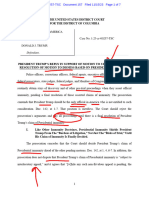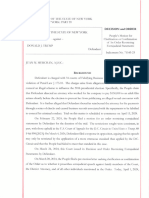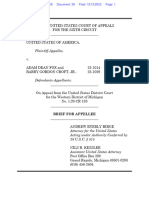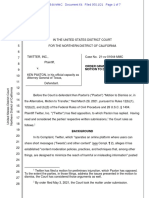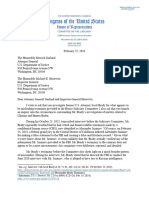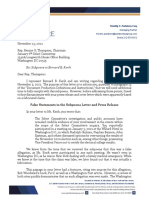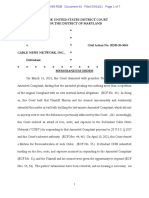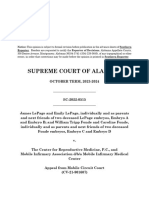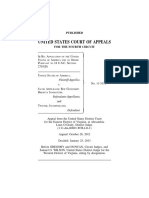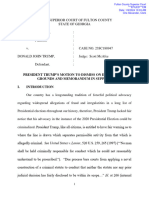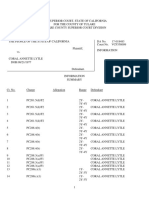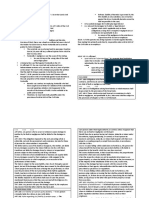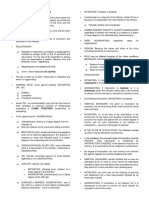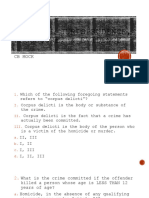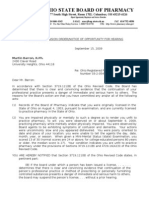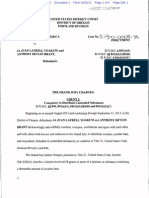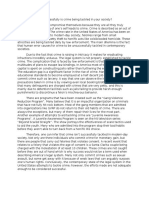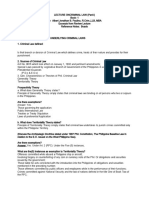0% found this document useful (0 votes)
3K views8 pagesNY Attorney Discipline for Felony
PM 213 24 Chesebro
Uploaded by
Aaron ParnasCopyright
© © All Rights Reserved
We take content rights seriously. If you suspect this is your content, claim it here.
Available Formats
Download as PDF, TXT or read online on Scribd
0% found this document useful (0 votes)
3K views8 pagesNY Attorney Discipline for Felony
PM 213 24 Chesebro
Uploaded by
Aaron ParnasCopyright
© © All Rights Reserved
We take content rights seriously. If you suspect this is your content, claim it here.
Available Formats
Download as PDF, TXT or read online on Scribd
/ 8




